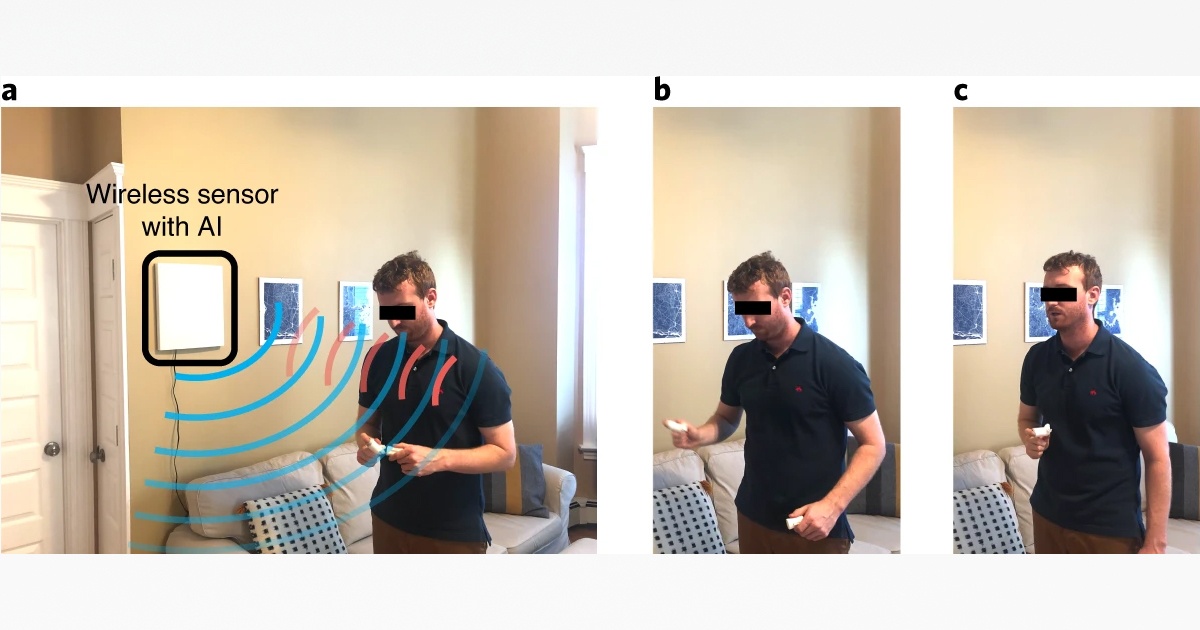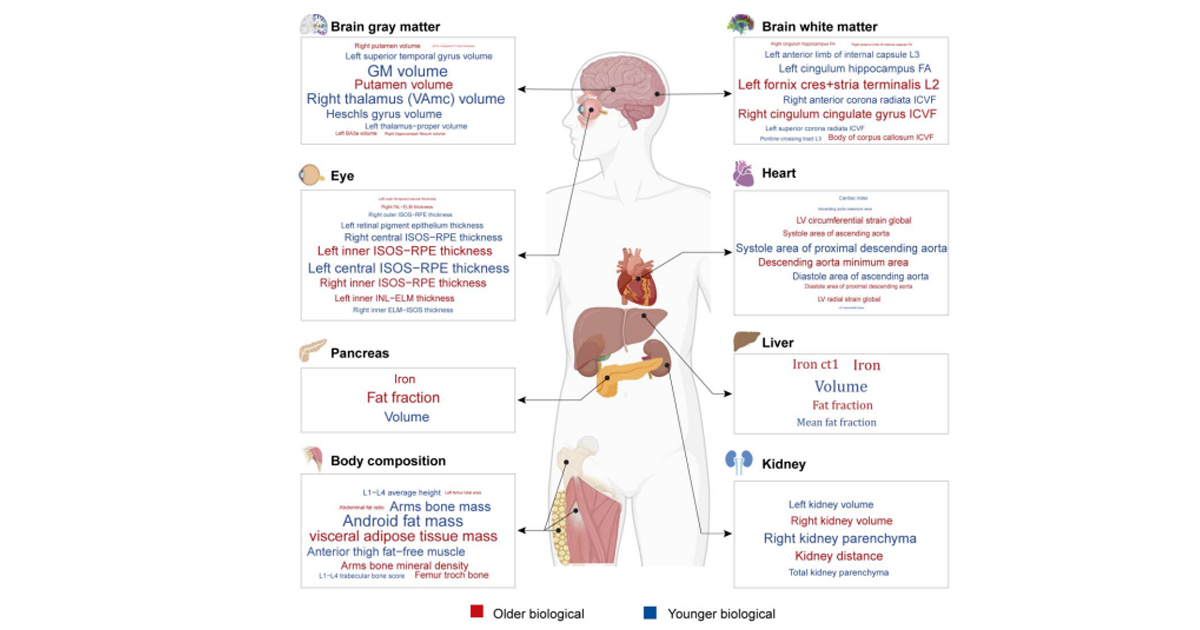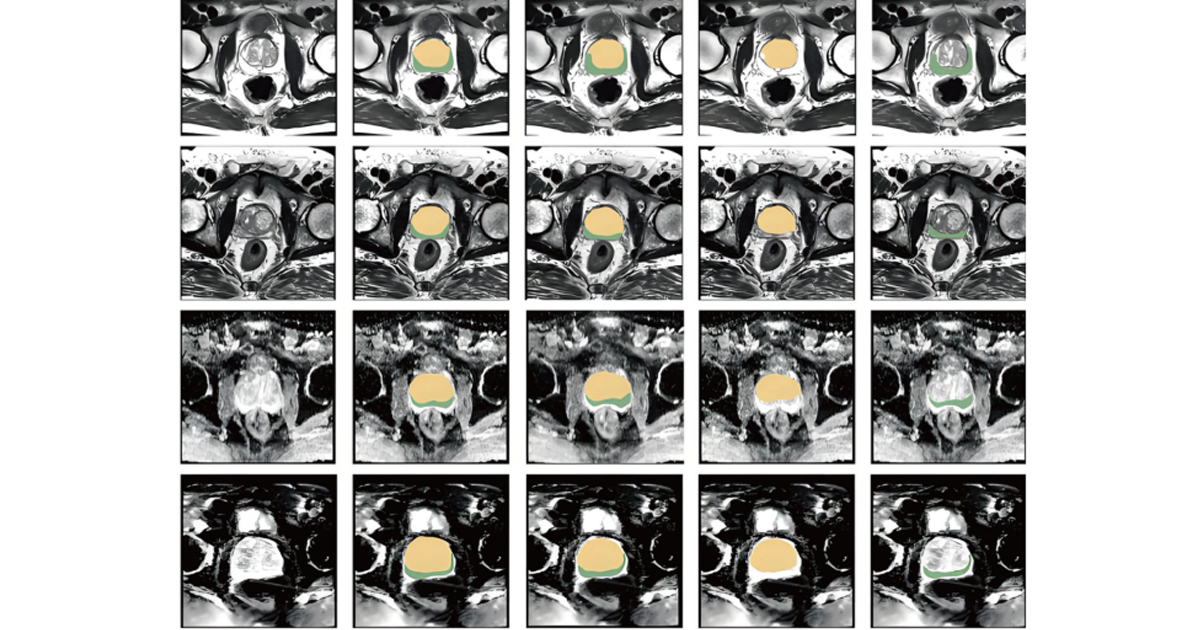Investigadores del MIT desarrollaron un dispositivo de Artificial Intelligence (AI), para la detección de errores en la autoadministración de tratamientos médicos, como la aplicación de insulina o el uso de inhaladores.
La mala autoadministración de un tratamiento médico es un problema real de salud pública que puede ocasionar problemas graves de salud en los pacientes, como hospitalizaciones. Sin embargo, se puede prevenir a través de una adherencia adecuada al tratamiento de parte de los pacientes. Investigadores del MIT desarrollaron un sistema que utiliza Artificial Intelligence, para evitar este tipo de situaciones en la autoadministración de medicamentos específicamente a través de dispositivos como inhaladores o plumas de insulina.

El estudio “Evaluación de la autoadministración de medicamentos mediante inteligencia artificial”, publicado en Nature detalla que: “Los errores en la autoadministración de medicamentos (MSA, por sus siglas en inglés) conducen a una mala adherencia al tratamiento, aumento de las hospitalizaciones y mayores costos de atención médica”.
Este tipo de errores son particularmente comunes cuando se involucra el uso de inhaladores o plumas de insulina. Es por ello que investigadores del MIT presentaron un modelo de AI sin contacto que logra la detección y monitoreo de errores en la MSA.
“El sistema se desarrolló observando la autoadministración realizada por voluntarios y se evaluó comparando su predicción con anotaciones humanas. Los resultados de este estudio demuestran que nuestro enfoque puede detectar automáticamente cuando los pacientes usan sus inhaladores (área bajo la curva (AUC) = 0,992) o plumas de insulina (AUC = 0,967), y evaluar si los pacientes siguen los pasos adecuados para utilizar estos dispositivos (AUC = 0,952)”, explica el estudio.
El modelo combina tecnología inalámbrica e AI, y puede instalarse en forma de sensor en los hogares de los pacientes para alertar sobre posibles errores de medicación, no solo al mismo paciente y sus familiares sino a su médico. De esta forma buscan reducir hospitalizaciones que pueden evitarse.
El sistema funciona de la siguiente manera, en primera instancia el sensor rastrea los movimientos del paciente en un radio de aproximadamente 10 metros, posteriormente la AI rastrea los signos para distinguir si el paciente utiliza una pluma de insulina o un inhalador. Finalmente, el sistema alerta al paciente y al profesional médicos cuando haya detectado un error en la autoadministración del paciente.
El sistema ha sido probado y validado a través de un gran conjunto de más de 47 mil ejemplos de eventos de autoadministración en 107 participantes. Además, el estudio utilizó diferentes entornos físicos, como oficinas, salones, cocinas, pasillos para medir la herramienta.
Puedes conocer más sobre los resultados leyendo el artículo completo a través del siguiente enlace: https://www.nature.com/articles/s41591-021-01273-1







